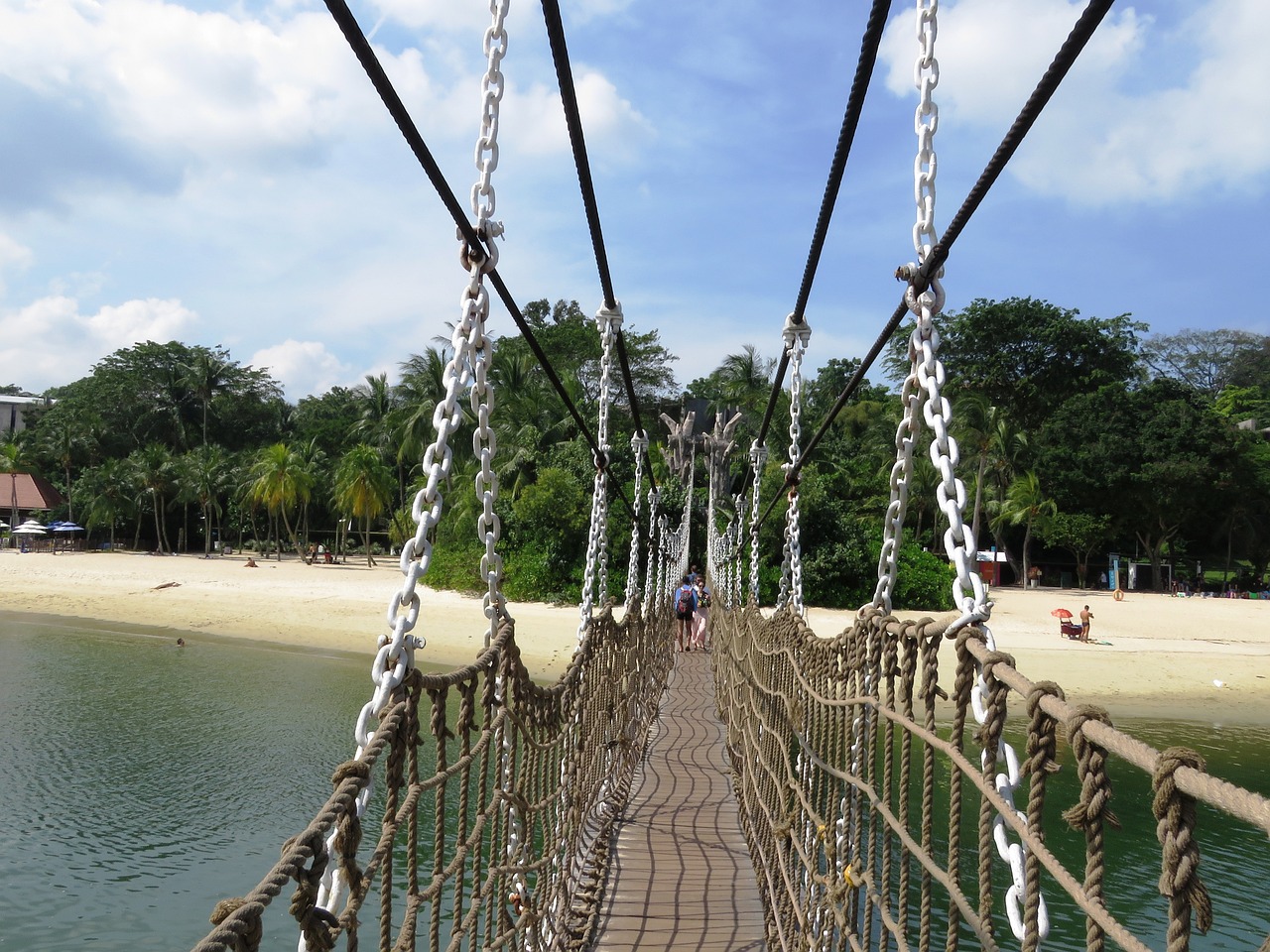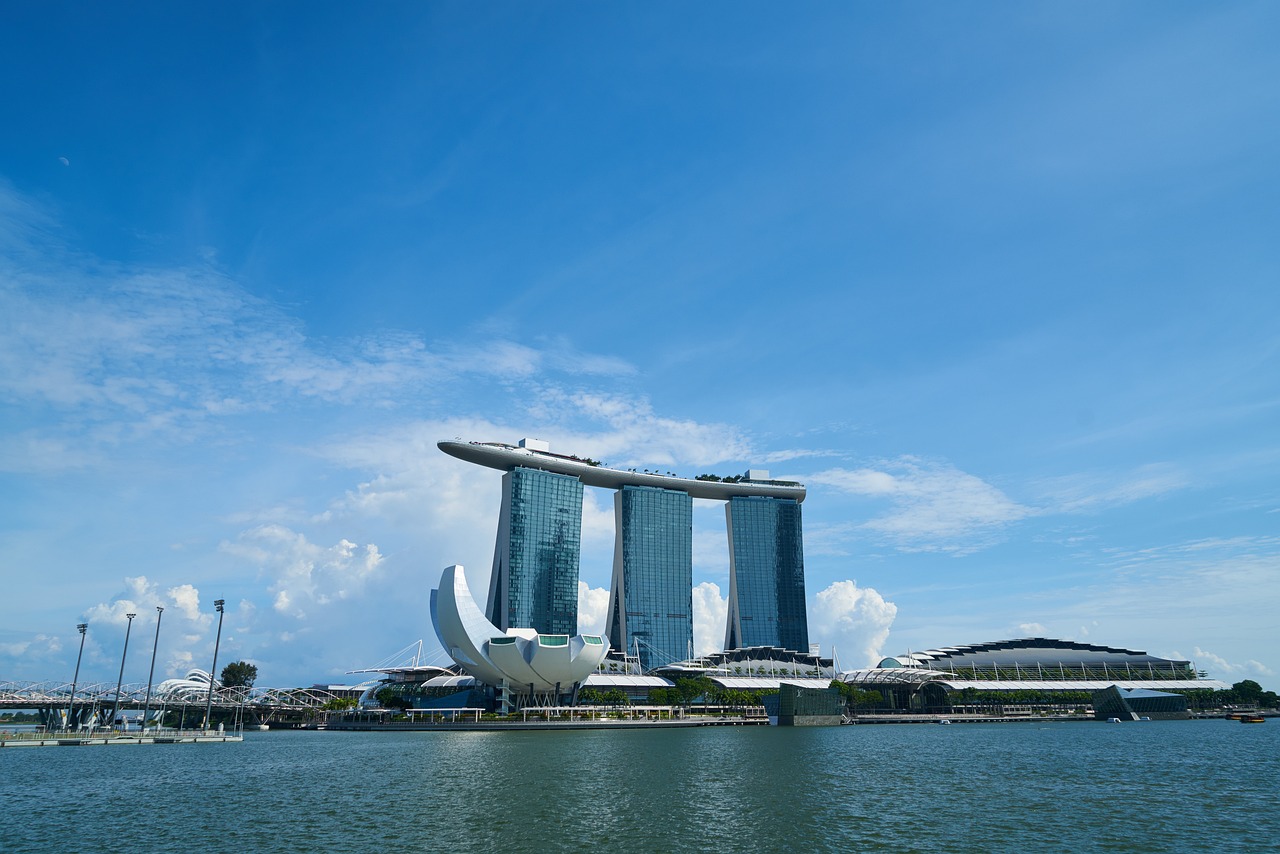Singapore Video
Visa and Stay Regulations for Digital Nomads in Singapore
Singapore, known for its vibrant culture, stunning architecture, and bustling business environment, has become an attractive destination for digital nomads. However, before embarking on your digital nomad journey in Singapore, it is essential to understand the visa and stay regulations that apply to you. This article will provide you with detailed information on how to obtain the necessary visa and stay legally in Singapore as a digital nomad.
Overview of Singapore’s Visa System
- Visitor Visa (Tourist Visa): Digital nomads from most countries can enter Singapore without a visa for short stays of up to 30 days. However, if you plan to stay longer, you will need to apply for a specific visa.
- Work Pass: If you intend to work or engage in any form of employment in Singapore, you will need to obtain a valid work pass. This includes freelance work and remote work for overseas clients.
- EntrePass: The EntrePass is a specific type of work pass designed for entrepreneurs and business owners who wish to start a company in Singapore. It requires a detailed business plan and proof of financial capability.
- Employment Pass: The Employment Pass is for foreign professionals, managers, executives, and specialists who have been offered employment in Singapore by a Singapore-registered company. It has specific requirements and is typically sponsored by the employer.
Visitor Visa Extension
- Social Visit Pass Extension: If you are already in Singapore on a social visit pass (tourist visa) and wish to extend your stay, you can apply for a Social Visit Pass Extension. This allows you to stay for an additional 30 days.
- Long-Term Visit Pass: If you have a Singaporean family member or a Singaporean permanent resident as a sponsor, you may be eligible for a Long-Term Visit Pass. This pass allows you to stay in Singapore for an extended period.
Work Pass Application Process
- Employer Sponsorship: If you have secured a job offer from a Singapore-registered company, your employer will need to sponsor your work pass application. They will submit the necessary documents to the Ministry of Manpower (MOM) on your behalf.
- EntrePass Application: To apply for an EntrePass, you will need to fulfill specific criteria, including having a unique business idea, a well-structured business plan, and sufficient funds to support your venture. The application process involves submitting your business plan and supporting documents to relevant government authorities.
- Employment Pass Application: The Employment Pass application process requires your employer to submit the necessary documents, including your educational qualifications, work experience, and a detailed job description. The MOM will evaluate your application based on factors such as salary, qualifications, and work experience.
Long-Term Stay Options
- Permanent Residence: If you plan to stay in Singapore for the long term, you may consider applying for Permanent Residence (PR). PR status grants you many benefits, including the ability to live and work in Singapore indefinitely.
- Dependant’s Pass: If you are a work pass holder in Singapore, your spouse, children, and parents may be eligible for a Dependant’s Pass. This pass allows them to stay in Singapore and, in some cases, work or study.
- Student Pass: If you wish to pursue further education in Singapore, you can apply for a Student Pass. This pass allows you to study full-time at an approved educational institution in Singapore.
Image 1: Singapore

Work and Tax Obligations
- Income Tax: As a digital nomad working in Singapore, you are required to pay income tax on your earnings. Singapore has a progressive tax system, with different tax rates depending on your income level.
- Goods and Services Tax (GST): GST is a consumption tax imposed on the supply of goods and services in Singapore. It is currently set at 7% and is applicable to most goods and services.
- CPF Contributions: If you are employed in Singapore, your employer is required to make contributions to the Central Provident Fund (CPF) on your behalf. These contributions go towards your retirement savings, healthcare, and housing.
Image 2: Singapore

Healthcare and Insurance
- Healthcare System: Singapore has a world-class healthcare system, known for its efficiency and quality. As a digital nomad, it is essential to have adequate health insurance coverage to access healthcare services in Singapore.
- Health Insurance: It is highly recommended to have comprehensive health insurance that covers both inpatient and outpatient services while you are in Singapore. Ensure that your insurance policy is valid in Singapore and provides sufficient coverage.
Cost of Living in Singapore
- Accommodation: The cost of accommodation in Singapore can vary depending on the location and type of housing. Rent for a one-bedroom apartment in the city center can range from SGD 2,000 to SGD 4,000 per month.
- Transportation: Singapore has an efficient and well-connected public transportation system, including buses and trains. The cost of transportation can vary depending on your usage, but a monthly public transport pass typically costs around SGD 100 to SGD 150.
- Food and Dining: Singapore is renowned for its diverse culinary scene. Eating out at local hawker centers can be affordable, with meals costing around SGD 5 to SGD 10. Restaurants and higher-end dining options can range from SGD 20 to SGD 100 per meal.
Image 3: Singapore

Conclusion
As a digital nomad, navigating the visa and stay regulations in Singapore is crucial for a smooth and legal experience. Understanding the different visa options, work pass requirements, and long-term stay options will help you plan your stay in Singapore effectively. Be sure to comply with all legal obligations, including taxes and healthcare, and consider the cost of living when budgeting for your stay in this vibrant city-state.
References
- Ministry of Manpower Singapore: mom.gov.sg
- Inland Revenue Authority of Singapore: iras.gov.sg
- Central Provident Fund Board: cpf.gov.sg
- Singapore Tourism Board: stb.gov.sg


